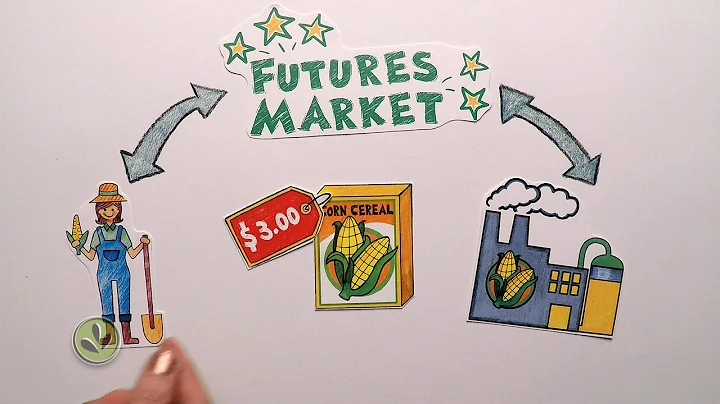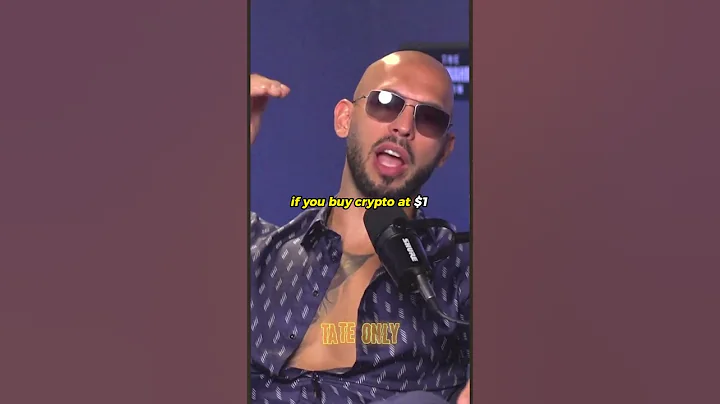Less frothy markets mean you can differentiate between speculation and work laying the groundwork for the future

Antoni Martin, head of enterprise at Polygon, is not happy about the collapse of cryptocurrencies. But he believes it's time to "distinguish between speculation and construction."
He has done his share of building that, starting Hermez, a second-layer protocol that will be merged into Polygon this September and is now called Polygon Hermez. As head of business, he is the main liaison for people from big banks to governments who want to know more about the potential of blockchain technology , which aims to do more by avoiding congestion and allowing it to handle more in an affordable way. Multiple transactions to expand the scale of Ethereum.
Martin spent many years working at Citibank and Deutsche Bank before diving into the world of blockchain. He spoke to the media about what Polygon can be used for, how the cryptocurrency collapse has eroded trust, and how he helped shape Cryptocurrency regulation in EU .
This interview has been edited for brevity and clarity.
How important do you think cryptocurrencies are to the payments industry now?
I talk to a lot of people working in the banking and finance sectors now, and the truth is, these sectors are very scared. They have been the focus of a lot of regulation over the past decade, largely due to the financial crisis of 2008-09, and some of the current moves in the blockchain industry are questionable.
I have been working in finance for 17 years. I founded Hermez two years ago and I know exactly what has happened in the industry over the past 10 years. As you know, there are many AML compliance departments reviewing every transaction.
If you say to me, payments are a perfect use case for blockchain (or Polygon, or Ethereum). I would tell you that payment will be the last place to apply it. It will start like what we are doing now with Stripe (a way to pay in USDC). But this is what we preach in the face of very special social media like Twitter. If we’re being honest, it’s this: blockchain technology isn’t really at the heart of the payments space.

Our cooperation with traditional payment companies is just the beginning. We're very happy about it and we have high hopes for this first use case; it opens a door. That doesn't mean the door is completely open. I think we should still be very cautious because there is a lot of work to be done. But at least we took the first step.
So what's the next step in finding more uses for Polygon?
Another very important issue is that you need to integrate transactions from many different actors and legal entities. And in that sense, blockchain is also perfect because it's very suitable for supply chain use cases, for insurance use cases where there are different legal entities.
But at the same time, security is also important. I believe that every minute some element of the financial system is hacked. But this is one thing that blockchain can help with.
A good example is what we are trying to do in the city of Lugano, where you will be able to pay all your fees, your fines, your taxes, even your coffee, because the merchants are involved. The idea is that everything will run on Polygon's platform. You will be able to pay with a stablecoin pegged to the swiss franc , named luga, and another stablecoin pegged to the US dollar (usually USDT). This is the future.
With the recent cryptocurrency collapse, what happened to Luna, and the general downturn in the cryptocurrency market, has this affected the way Polygon operates? Have you ever noticed a difference in people’s trust in cryptocurrencies?
Yes. To be honest, I'm not happy about what's happening with Luna or other protocols, of course. But a stablecoin that gives you 20%? Isn't this a very strange thing? At least around me, I don't know anyone who's investing in Luna, but not because they're smarter, dumber, whatever. But because it's weird.The same applies to other DeFi projects, which give 90% and 80% revenue commitments. This is a bit of common sense (meaning if you see these large yields, there is usually a risk).
It’s obvious that it reduces people’s interest in cryptocurrencies, yes that’s for sure. At the same time, this is also the moment when you can differentiate between speculation and construction. In our case, here at Polygon, we deploy Nightfall, a privacy platform, and Supernet, a sovereign blockchain platform that is like the Internet of blockchains. In this July, we will deploy the first zkEVM on the testnet.
I think this is a time to focus on building. You should still keep an eye on the price of your token or asset or whatever, otherwise you're going to go crazy. But I think if you build now, over time the market will diverge.
Anti-money laundering checks have been a point of contention, particularly with the EU's Crypto-Asset Markets Act and funds transfer rules. What are your thoughts on upcoming cryptocurrency regulation?
I have been involved in some consultations with the European Parliament. I can tell you that I have spoken to more than 40 members of the European Parliament and, again, they are trying to understand. Obviously, there are security and anti-money laundering components to this.
I think at some point we should sign a trade-off agreement where if you are the owner of a wallet, just like you are the owner of a bank account, you should be able to tell. For example, in swiss , I am declaring my hardware wallet. It's part of my estate and I pay some taxes on it. I understand that for some people, making a lot of money and gains without paying any taxes is very attractive. Well, maybe we can discuss whether taxes are fair, but that's not the issue.
They are trying to establish some control. We should find the right balance between asset ownership and complete control over all transactions. There should be a middle point.
When we talk to regulators and governments, they are not opposed to blockchain technology. For example, they are very interested in the area of traceability that blockchain can bring, which can be of great help in anti-money laundering or "know your customer". Obviously, there's privacy talk here too, because otherwise they can track all your transactions and we don't want that to be a very 1984 world. But here, zero-knowledge goes a long way in providing this privacy. The question here is: How do we manage these technologies that increase privacy and scalability? But regulators and governments are very interested in understanding how they apply these in real life.









![This Is When This Crypto Bull Market Will End! [Get Ready] - DayDayNews](https://i.ytimg.com/vi/tMSUwc1yCoY/hq720.jpg?sqp=-oaymwEcCNAFEJQDSFXyq4qpAw4IARUAAIhCGAFwAcABBg==&rs=AOn4CLCd29Q584iAk3cf0XhV_R2qLElAsQ)











